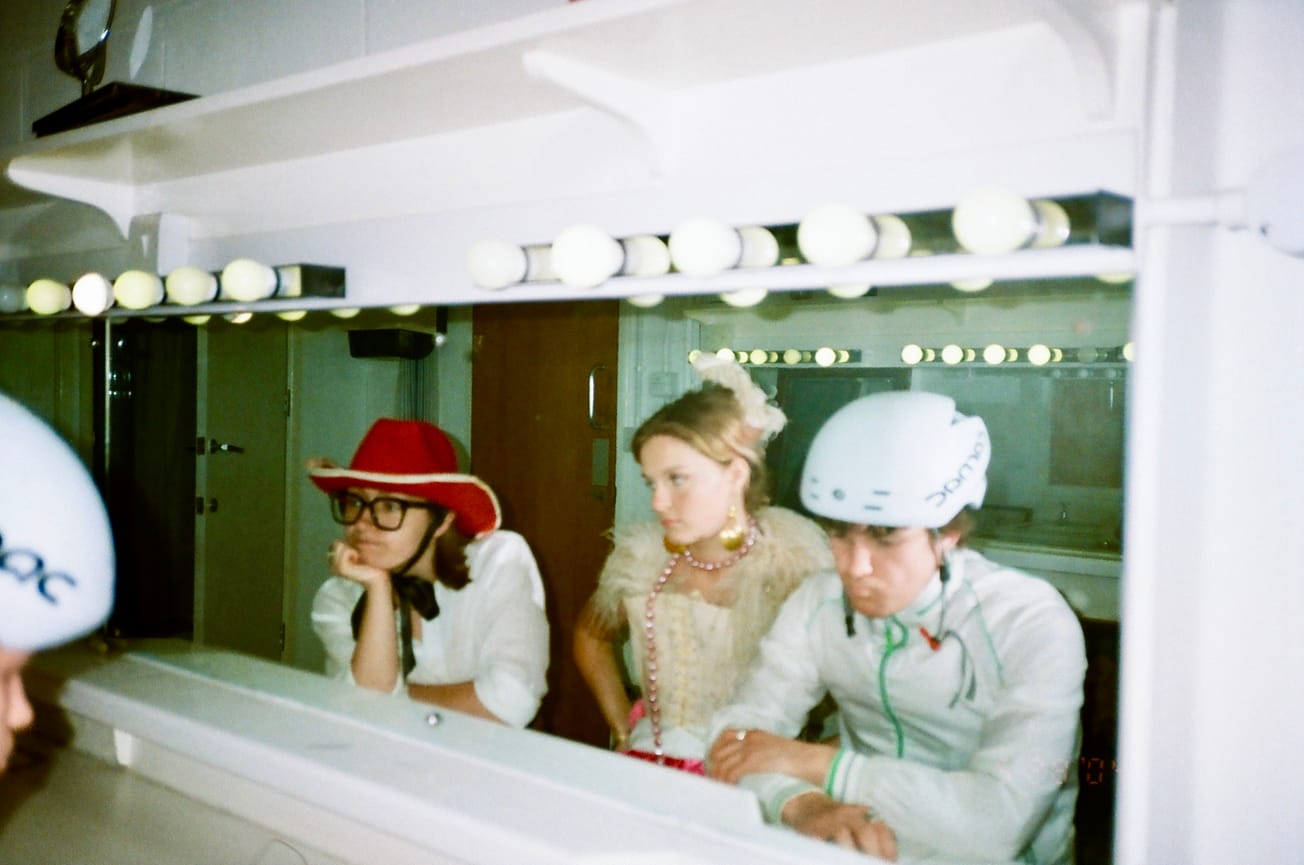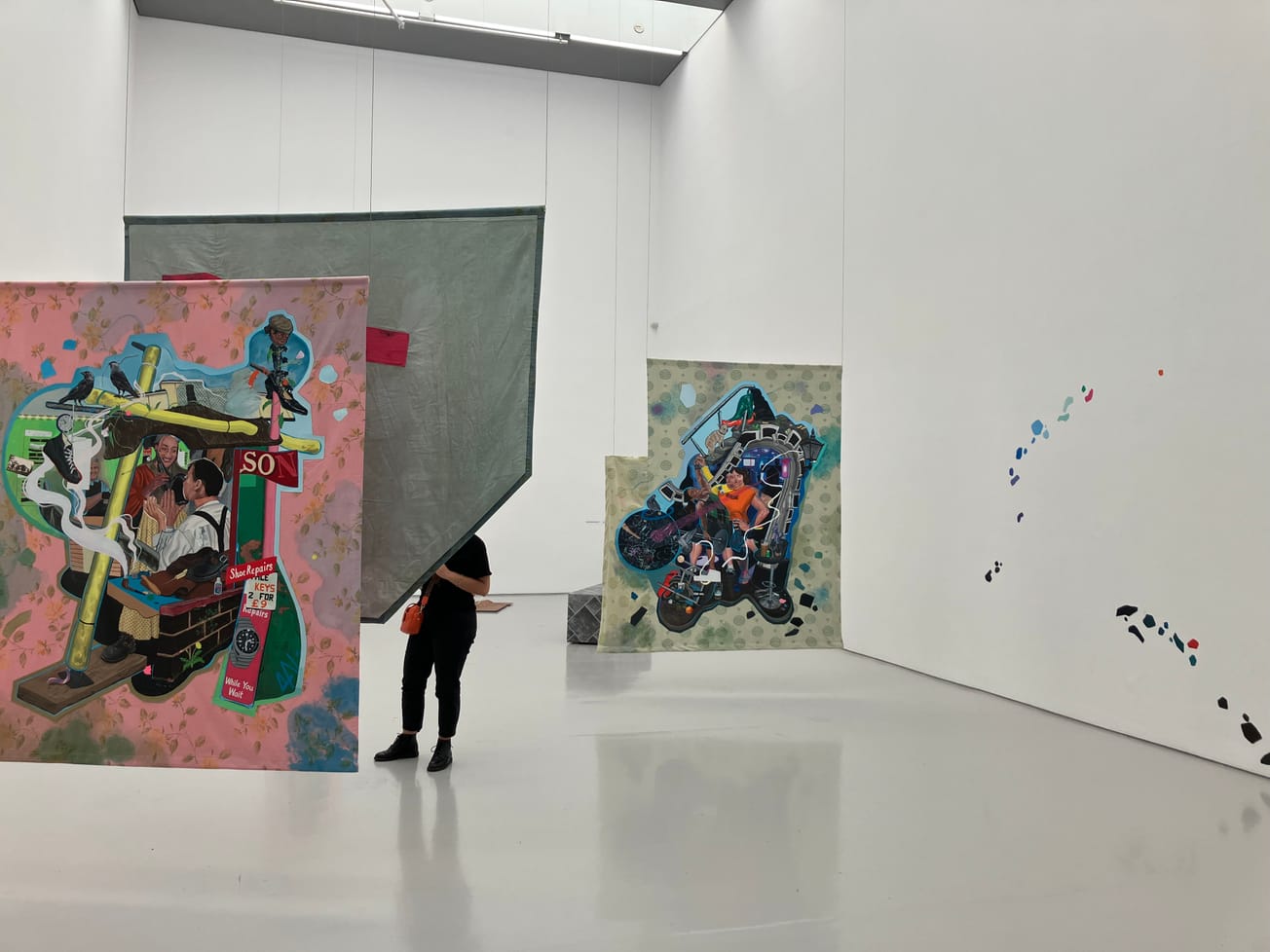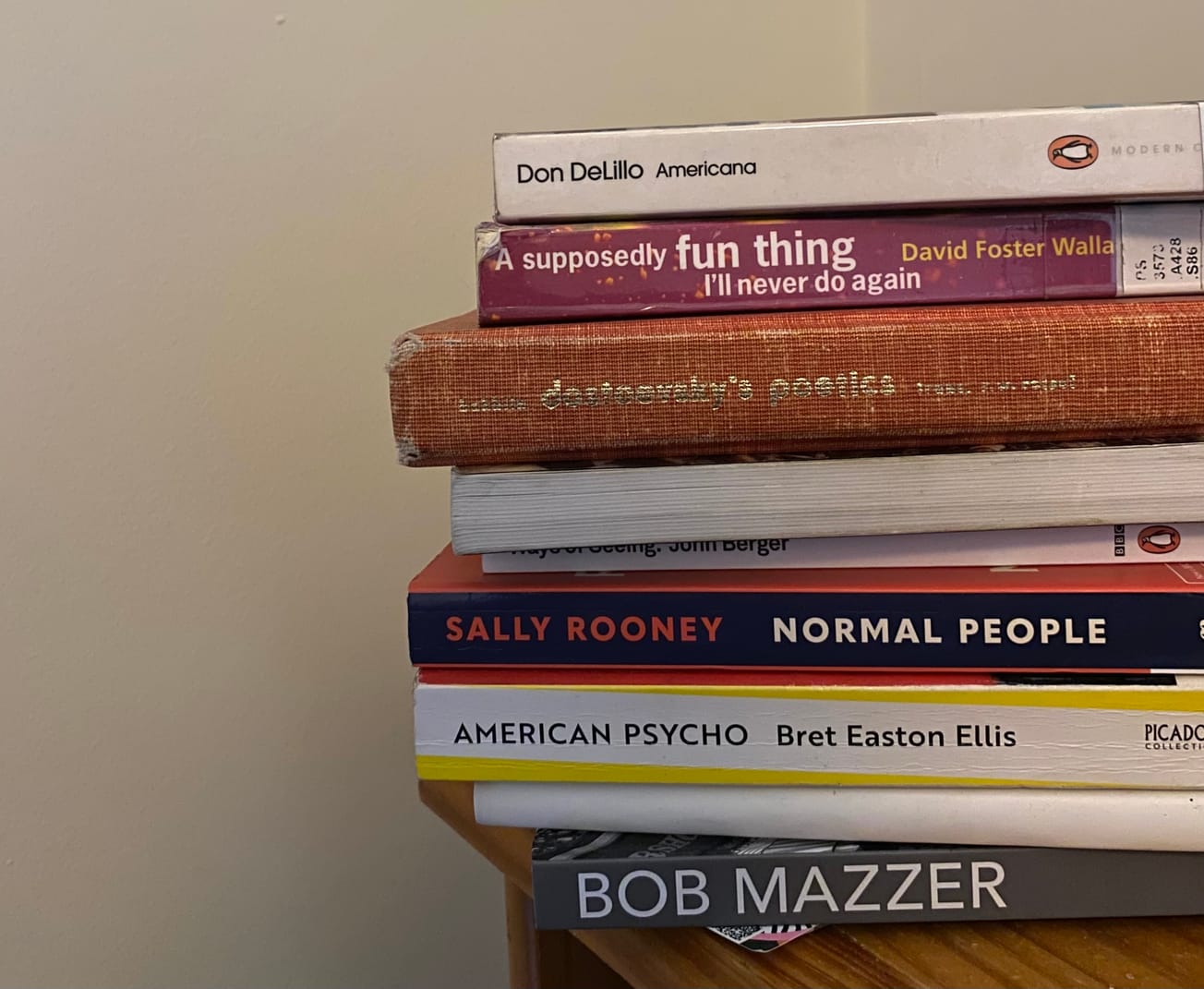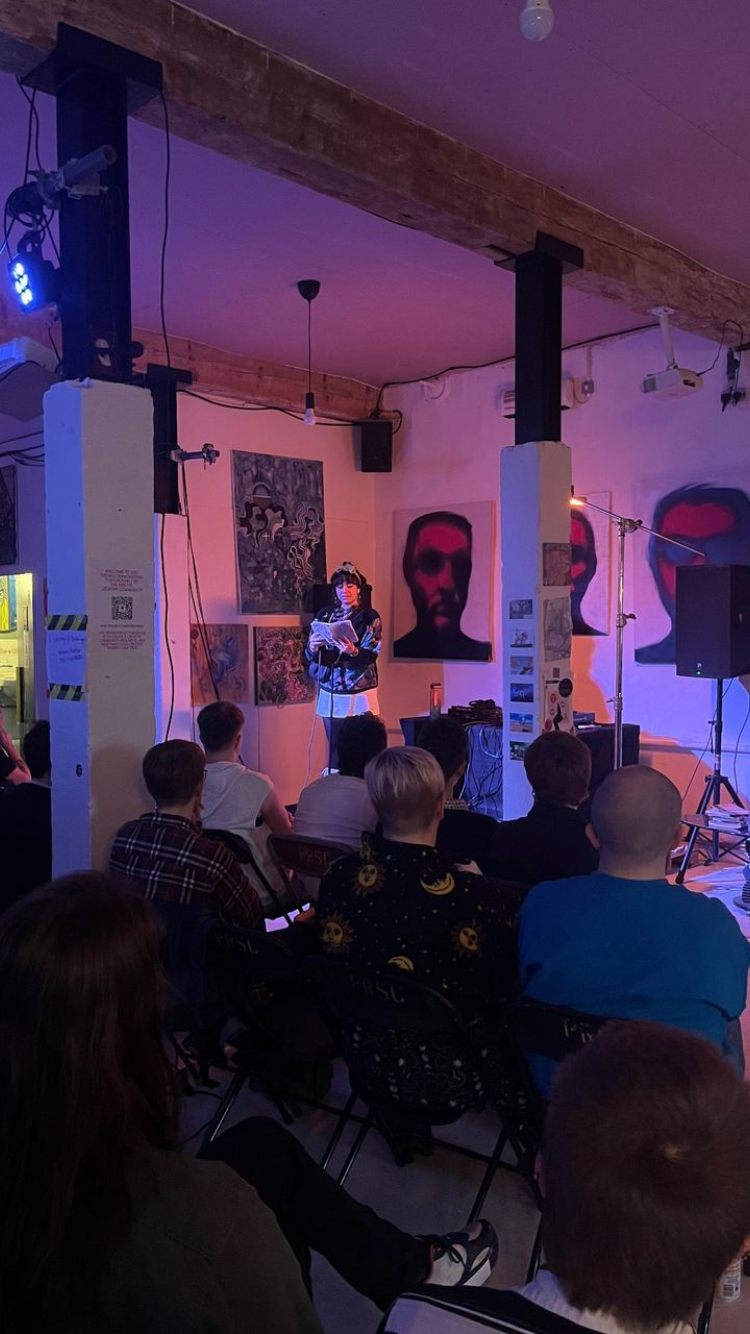By Charlotte Kyle, Second Year Politics and Spanish
Pressure Cooker can be described as many things, but uninspiring, neutral and over-done are certainly not the adjectives that come to mind. The bolshy nature of the show is proven by the simple fact of its production at the University of Bristol’s Winston Theatre being blocked last year. But, as Jessie Millson, writer and director, ponders, “if the play has been cancelled it must have been good enough to spark a reaction, and it must have said something truthful."
“Betrayal is something most people experience, disappointment is something most people experience and so, I hope, is love, and there’s a lot of those kinds of raw human emotions in the show”.
The student politics surrounding this blocking are complex and long-winded, but the crux of the matter is that, as a result of the conversations sparked around Bristol University’s medic culture after the infamous 2022 medic ball, the topics mentioned in Pressure Cooker are best explored in a neutral space. This is exactly why Jessie and their team have moved the production way up north, to the Space 1 venue in Edinburgh. If you find the controversial topics explored in this play to pique your interest, you can find it being performed from 14th-26th August 2023.
The play follows medics carrying out a surgery which, as the plot develops, is slowly revealed to be not in a hospital but in a student house, with student medics rather than doctors, and the patient to be a fresher who has fallen victim of an out-of-hand hazing ritual. The intoxication of the students is eventually exposed, and we begin to observe that the students have been lying to each other and themselves about their sobriety.

The idea came to Jessie as a result of the toxic drinking culture that they themselves experienced after a first year consisting of covid lockdowns and binge drinking – “I had about seven days of no alcohol for the entire year”. Jessie believes the expectation to drink, take drugs, and party most nights of the week is “a mirror” for an issue which impacts people across the UK, rather than being a student-isolated issue. This is one of the factors that fuels the play’s startlingly universal relatability.
But, after four weeks of full-time rehearsals of the show, the crushing disappointment of the blocking of the show’s performance was not enough to put Jessie off - “I knew that I wanted to make the show happen, but I took into consideration that Bristol might not be the place to do that, so I contacted Fringe venues then found a production team who are incredible and have been working really hard since November”.
The importance of the message of the play is what Jessie believes has pushed the play to this point – the play can carry itself on its own merit, as it really is a story worth hearing for so many of us. Jessie reflects on their chosen subject matter, saying, “I ended up following medicine students because I have so much respect for them, and the culture allowed me to show an extreme version of power mistreatment – they are people that many institutions hold in such a high prestige that they have to fit strict expectations, but university is a place where it is very difficult to match these expectations… medicine students are not an isolated entity but they are expected to act like one”.
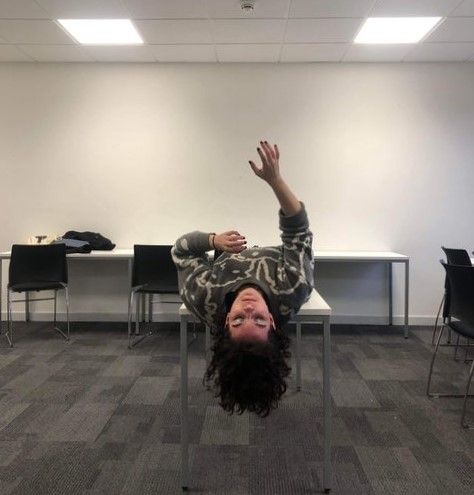
The most interesting element of the plot is that the patient is a victim of the same culture that the people treating them are struggling under. This really highlights the insidious nature of drinking culture in the UK as a whole, but also in university settings with Bristol particularly being well-known for its drug and drink-fuelled subculture (which many accredit to the edgy 2000s teen drama Skins, which romanticises this culture to the point of giving it an irresistible appeal). Bristol University could be called an epicentre of this toxic party culture – a perfect storm of stressed overachievers, freely available party drugs, cheap alcohol, and parties every day of the week.
The final element which adds to Pressure Cooker’s raw and touching display of human emotion is the aspect of the queer relationships which we see develop throughout the show. It was extremely important to Jessie to show queer characters that were not “exaggerated or unlikely”, as seen even today in so many student-run and professional theatre productions. Jessie is a politically active, queer, and non-cisgender young person, who reflects on how, as a child, they only saw queer women represented in Shakespeare’s work where they are “made to mask or clowned by their queerness”.
Pressure Cooker is a play which scrutinises the relationship between body and self, and how this impacts your relationships with the people around you. We see that drugs, alcohol, and other societal pressures impact these all-important relationships in a twisted and insidious manner, leaving many of us with less bodily autonomy than we would like to think. It’s a topic we don’t often reflect on, but this show provides a mirror for many of us to examine our own relationship with body and substance. As Jessie summarises, the beautiful thing about theatre is that “it can sometimes feel more real than real life”.
Featured Image: Courtesy of Sophia Stephelle
Will you be seeing Pressure Cooker at the Fringe?


